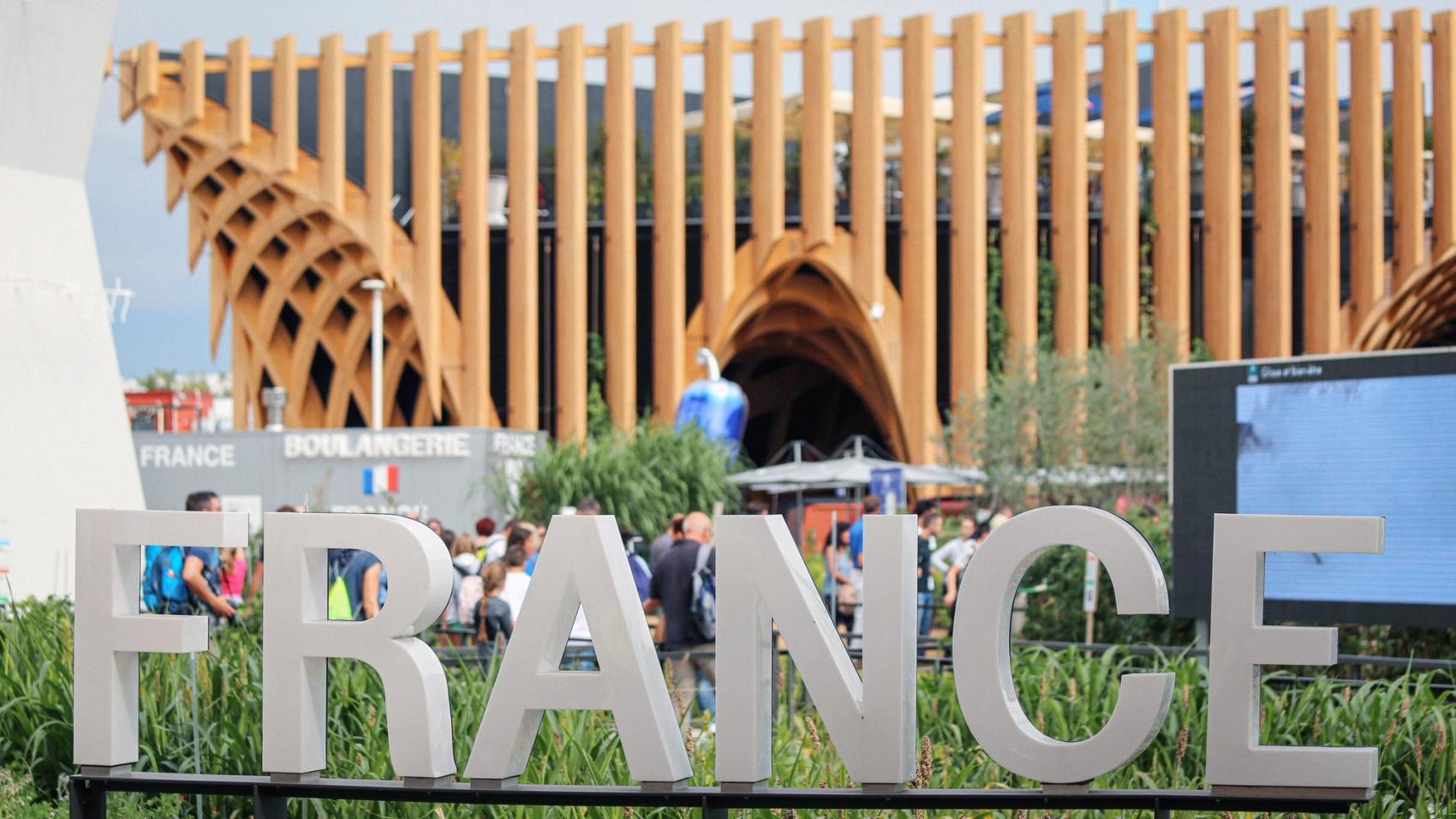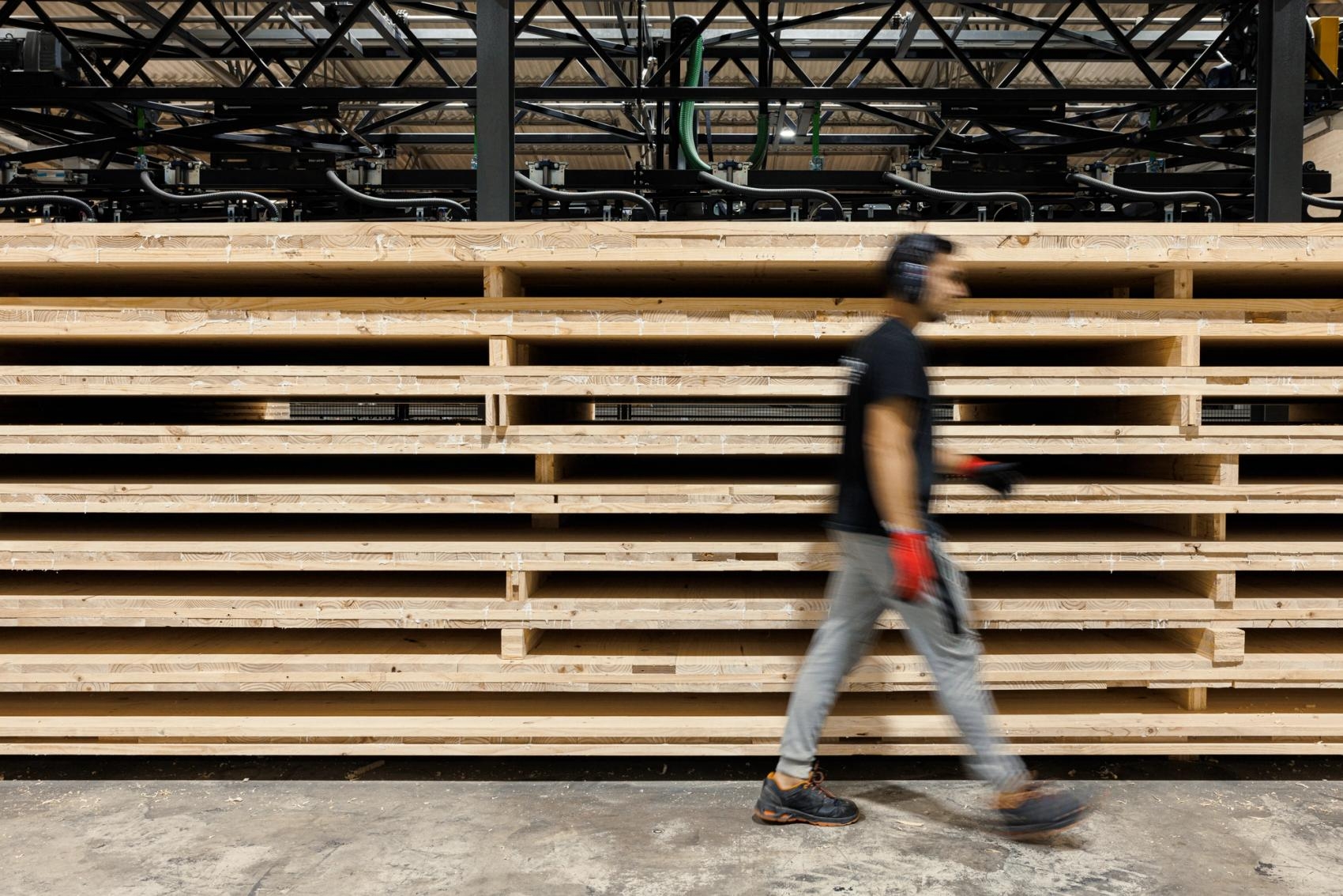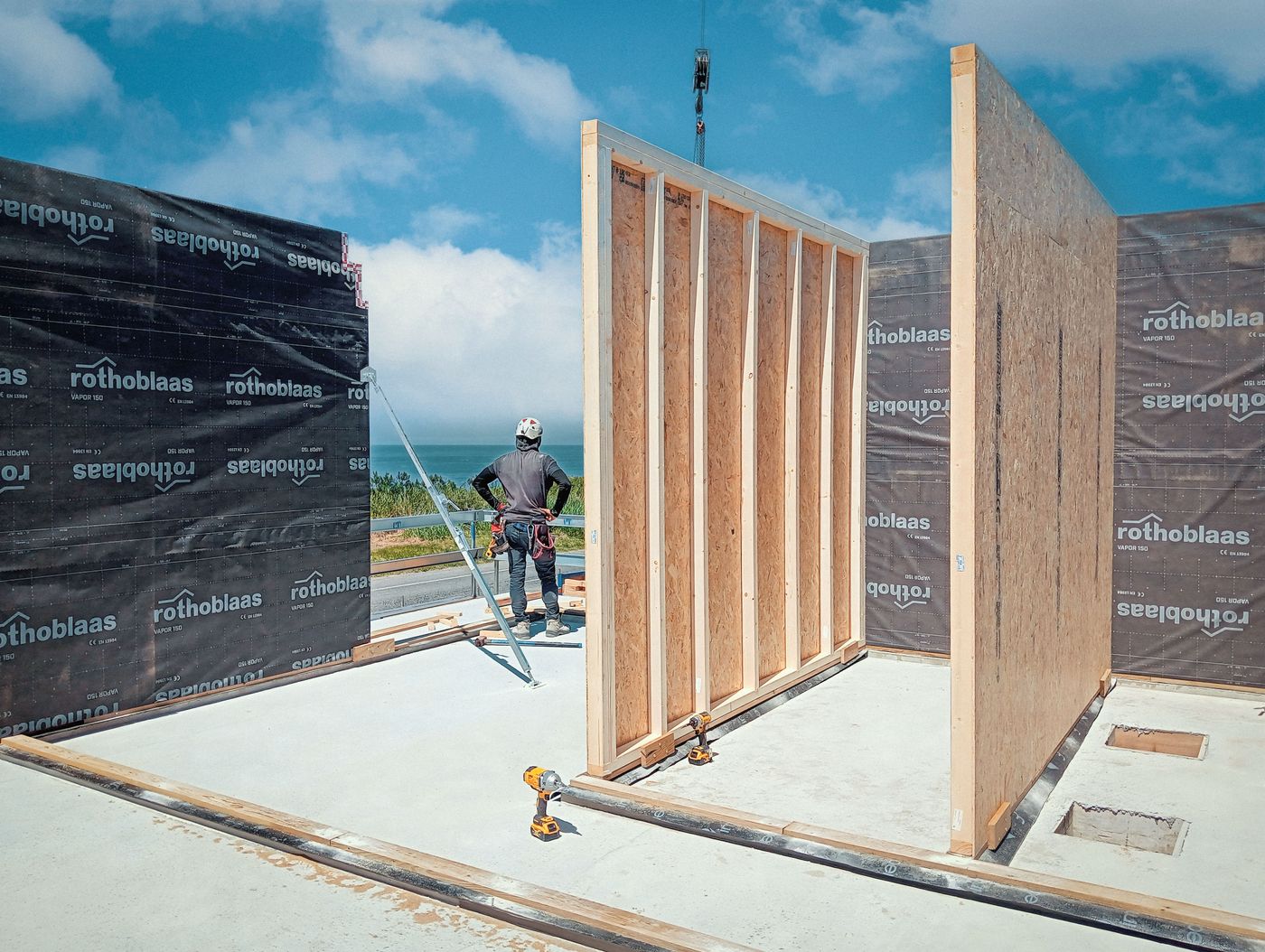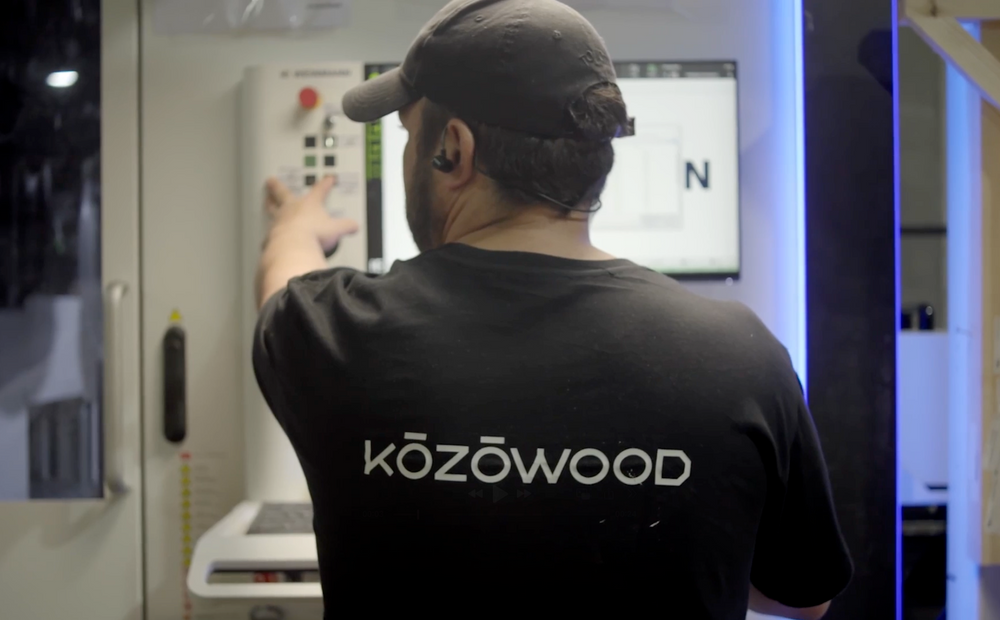(01)
Construction in France
The Construction Sector in France
As one of the pillars of the global economy, the construction sector has long relied on approaches increasingly seen as unsustainable in light of the current environmental crisis. With high levels of natural resource and energy consumption, the industry requires a thorough review of all processes involved in construction activities to identify and minimize waste at every stage of construction projects. Today, the need to adopt more eco-friendly construction practices is evident.
In France, to address the 25% of CO2 emissions produced by the construction sector, the government introduced a 2022 law requiring that all public buildings be constructed with at least 50% wood or other sustainable materials. The push for using eco-friendly materials in public buildings was also driven by the development of infrastructure for the 2024 Paris Olympic Games, aligning with France’s broader sustainable cities plan, launched in 2009.
With climate change continuously intensifying, the French government responded directly by launching several initiatives aimed at broadening sustainable local construction, reflected in a series of recently implemented environmental measures. These include initiatives such as the Leadership in Energy and Environmental Design (LEED) certification system, which recognizes buildings that meet high standards of energy efficiency and environmental sustainability, including prioritizing renewable energy sources, efficient water use, and the reduction of greenhouse gas emissions.
Additionally, the government plans to develop 90 new “Eco-Quarters” focused on fostering sustainable urban innovations and has established the France Ville Durable association to coordinate and support projects centered on sustainable urban development.
Although these initiatives are a step in the right direction, there is still a long way to go. The French construction sector, like in many other countries, continues to face significant challenges in the widespread implementation of truly sustainable practices, driving efforts toward a significant transformation in construction and urban development.
France also implemented the RE2020 environmental regulation, which succeeds the previous RT2012 thermal regulation. This new framework, introduced gradually, increases carbon reduction requirements for housing every two years. Its key objectives include improving the energy efficiency of building envelopes, reducing the carbon footprint of new buildings, constructing homes adapted to future climate conditions, ensuring good indoor air quality, and promoting the reuse of materials.

(02)
Green Construction
Green Construction in France
France is well-regarded for its valuable history of sustainable practices and ecological architecture, making significant advancements in global techniques over the years. The country has implemented various initiatives and regulations to support sustainable development, positioning itself at the forefront of promoting environmentally conscious construction methods.
Launched in 2007 by the French government, the “Grenelle de l’Environnement” initiative focused on overhauling the country’s environmental policy, including recommendations such as investing millions in clean energy, reducing energy consumption by at least 1%, implementing green taxes, and promoting renewable energy sources.
Additionally, as part of a broad strategy to boost sustainable construction practices, labels like THPE (Very High Energy Performance) and THPE EnR (Very High Energy Performance and Renewable Energy) were introduced. These labels aim to identify and promote buildings that exhibit high energy efficiency and environmental respect. They encourage the use of technologies to improve energy efficiency in buildings, such as advanced insulation and energy management systems, as well as renewable energy sources like solar panels and geothermal systems, to reduce reliance on fossil fuels and lower carbon emissions.
Several programs also certify environmentally efficient buildings, such as the BBC Effinergie certification, which promotes exemplary low-consumption and low-carbon renovation projects. As a result, French builders increasingly incorporate eco-friendly practices in their projects, such as installing energy-efficient systems and using sustainable construction materials.
Driven by a combination of government policies, consumer demand, and growing awareness of the benefits of sustainable housing, the green real estate market in France has experienced continuous growth in recent years. In 2021, according to the French Green Growth Index, the country achieved an impressive score of 70.9, reflecting its commitment to sustainable development. This index assesses various aspects like sustainable construction techniques, renewable energy use, and waste management, indicating that both government and French businesses are focused on environmental sustainability and building a greener future.
As the country recognized the importance of sustainable construction practices, builders began adopting ecological architecture to minimize the environmental impact of buildings. The early steps of green construction in France were defined by initiatives like using renewable materials and incorporating energy efficiency strategies, laying the foundation for notable progress in French green construction.
Countries such as Singapore, Hong Kong, and EU member states, inspired by France's approach to green construction, are considering implementing similar regulations and initiatives in their own construction sectors. France thus becomes a reference for adopting sustainable practices and plays a crucial role in accelerating global efforts toward a more environmentally responsible future.
The shift in consumer attitudes and the growing awareness of the environmental benefits of eco-friendly and efficient homes have led to a steady increase in demand for such properties in France. Consequently, there is a growing availability of sustainable housing. Additionally, the expanding French ecotourism market has contributed to the rising demand for sustainable hotels and vacation homes. Given that the country continues to prioritize sustainability, it is likely that the demand for environmentally efficient homes will keep growing in the coming years.

France Pavillion
(03)
A Better Future
Building a Better Future
According to the UNEP Emissions Gap Report 2023, greenhouse gas emissions are projected to increase by 16% by 2030 compared to the baseline set by the Paris Agreement. To meet the Paris targets, emissions need to decrease by 28% to stay within 2°C and by 42% to limit warming to 1.5°C, despite the current projected increase of 3%.
Three main strategies to reduce these emissions include: implementing a circular economy to avoid new raw material extraction and improve recycling; using bio-based construction materials like wood, which could cut emissions by 40% by 2050; and enhancing construction processes through green purchasing policies. These measures can significantly impact CO2 emissions, climate change, and worker health, and offer opportunities for countries to integrate these practices into their plans.
The transition to climate-resilient, low-carbon buildings has created jobs, improved lives, and helped mitigate the accelerating triple planetary crisis of climate change, biodiversity loss, and pollution. For these reasons, France remains a leading figure in construction and building advancements.
(04)
Kōzōwood Industries
Kōzōwood Industries in the French Market
Kōzōwood is deeply integrated into the French sustainable market through various initiatives and practices. Specializing in sustainable wooden house construction, the company uses wood sourced from sustainably managed forests certified by . This significantly contributes to CO2 emission reduction, aligning with French sustainable construction policies, which since 2021 require new public buildings to incorporate at least 50% wood in their construction.
To achieve its environmental goals, the company employs two sustainable construction methods, , which, when combined, leverage the strengths of each to create robust, efficient, and environmentally friendly structures.
These practices are crucial for building a greener and more sustainable future, aligning with France's construction policies. Besides promoting environmental sustainability, the company also supports reforestation and sustainable forest management.
Kōzōwood Industries continues to exemplify how innovation and environmental responsibility can go hand in hand, benefiting both people and the planet.


